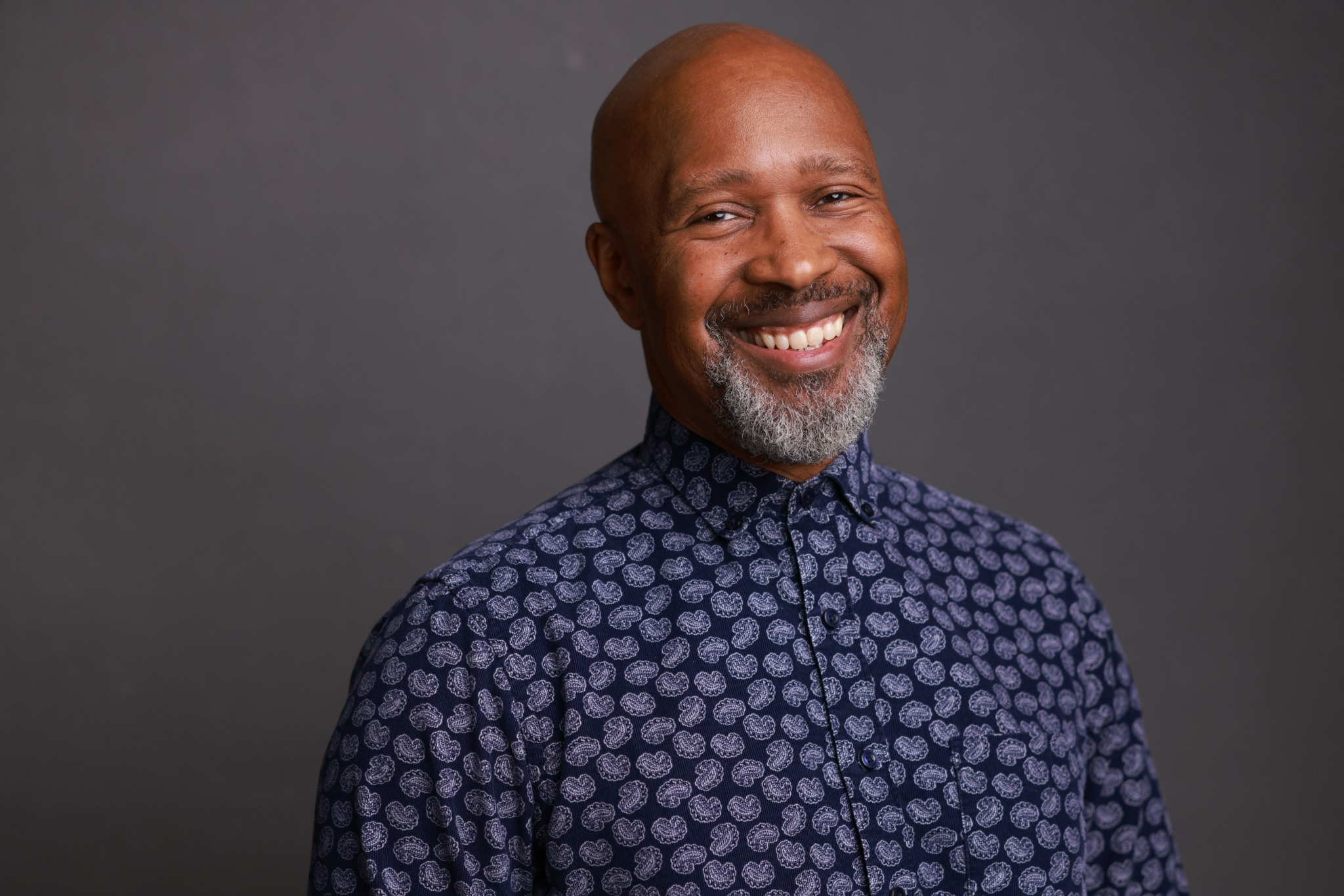We’re excited to introduce you to the always interesting and insightful Steve Harper. We hope you’ll enjoy our conversation with Steve below.
Steve, looking forward to hearing all of your stories today. How did you learn to do what you do? Knowing what you know now, what could you have done to speed up your learning process? What skills do you think were most essential? What obstacles stood in the way of learning more?
There are two levels of learning my craft. And, the truth is, I’m always learning more – moving through blocks and trying to refine the process. The first level is one that I think most artists – writers / actors – learn – that is, to DO the work. Anyone who has taken an acting class or a writing class gets instruction on how to do the work – to create a performance or to write a script. I learned those fundamentals (and more) as a student in college, and then grad school for both acting and writing. The part that’s not taught to most of us is how to LIVE THE LIFE of an artist. How to step into the world with the skills of an artist and create work (when no one is paying you), find work, stay hopeful, disciplined, encouraged and focused. The way I see it, there’s an inner game (all about maintaining a joyful attitude and sustainable practice of creating things) and an outer game (marketing yourself in the world, dealing with industry gatekeepers, working with a team (agents, managers, lawyers) and engaging with the larger industry). I didn’t learn any of that in school, so I asked every artist I could find about how they did it, worked with coaches and consultants – read Eric Maisel’s excellent book: Coaching The Artist Within – and studied with him to learn how to coach others and how to coach myself. Having an artistic practice is essential. Developing a game plan for your artistic life is essential. Checking in with others is essential. I have to have a way to move through the difficult moments and continue to create the next project – all while earning money and staying sane and grounded.
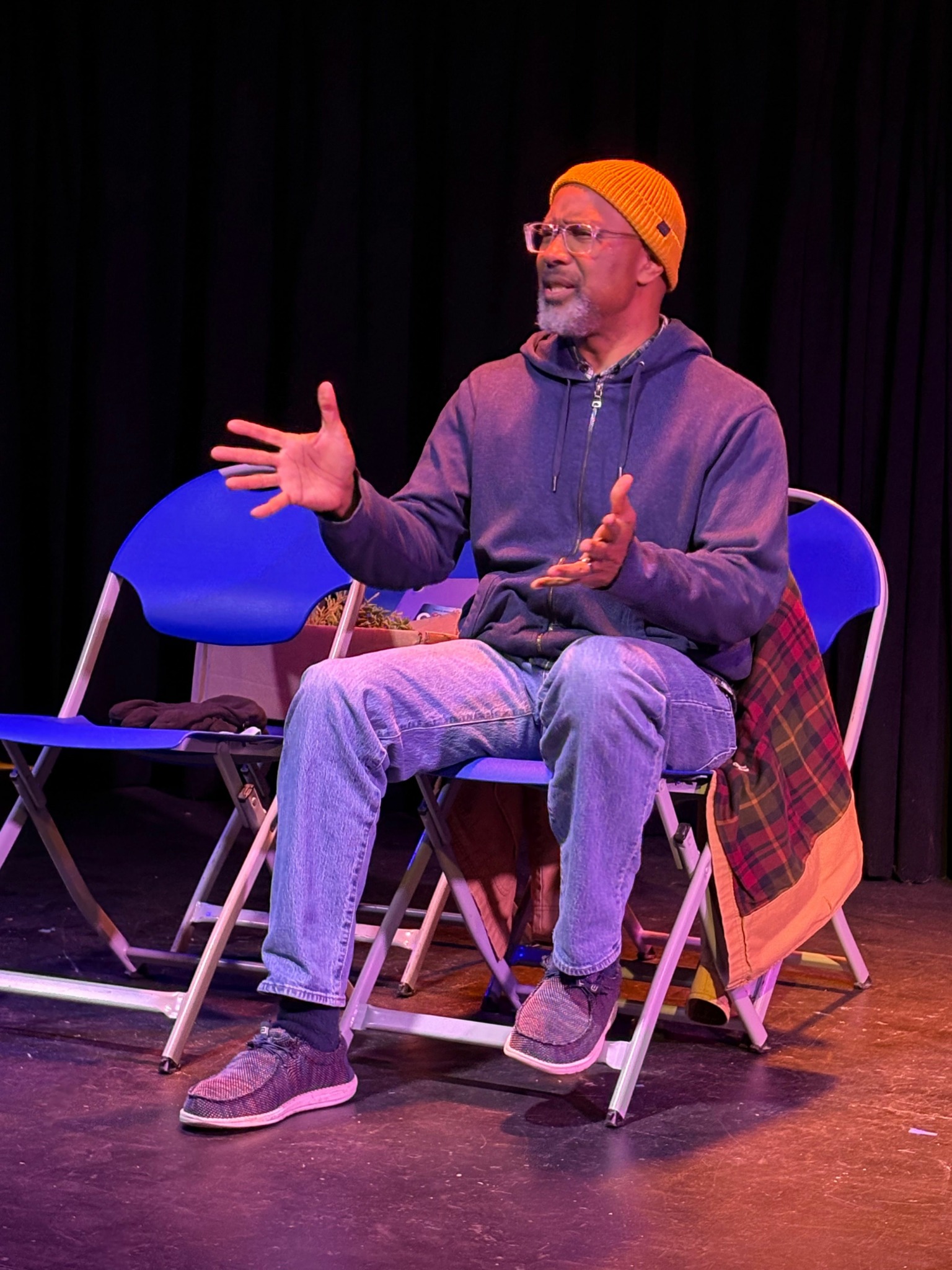
Steve, love having you share your insights with us. Before we ask you more questions, maybe you can take a moment to introduce yourself to our readers who might have missed our earlier conversations?
I grew up in New York, the son of New York City educators, and early on I was hungry to make stuff. My father was a visual artist and I spent time writing poems and short stories, drawing my own comic books and inventing characters and worlds. In high school I discovered acting (and got my first agent). I studied theater in college (at Yale) and later went to grad school (The A.R.T. at Harvard). I performed in regional productions and in New York, on TV and in features – and the whole time I was hungry for better roles and more interesting projects – so I started writing. After studying playwriting at Juilliard, I moved to L.A. to pursue TV writing work and have spent more than a dozen years writing on shows (like American Crime, God Friended Me, Stargirl and Tracker) as well as writing plays and screenplays. I knew something was missing – a way to stay grounded and focused while facing the ups and downs of a turbulent industry. Becoming a creativity coach – and establishing my company Your Creative Life – emerged from all these struggles. I developed a way to show up in my writing and acting, navigate the professional challenges, and stay hopeful. That’s what I do today for artists of all kinds – and particularly diverse writers – help them develop a practice, sharpen their skills on the page (whether they’re developing ideas, writing scripts, or pitching projects), and, I guide them through career strategy (networking, getting representation, business planning and thriving on the job). I do this through one-on-one sessions, classes, and workshops. I host a YouTube channel, a podcast (Beyond the Script) and publish a subscribers-only newsletter with monthly guidance and practical advice. I believe storytellers can change the world. I want to help artists do their best work – to bring dynamic stories to life to raise awareness and create impact.
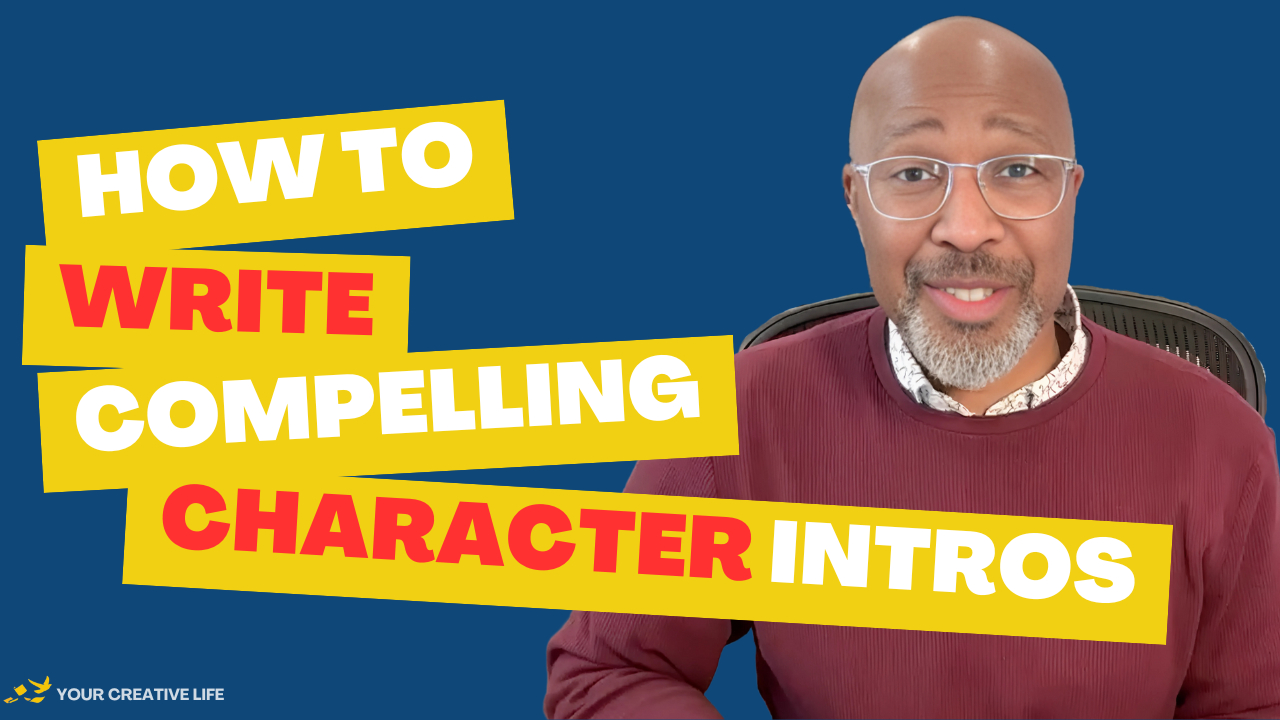
Have you ever had to pivot?
Pivoting is essential in the work that I do. When I was dissatisfied with acting roles and opportunities, I learned to write scripts. When I was hungry to have my playwriting work produced, I learned to mount my own productions, and develop a team (director, stage manager, actors). One of my most significant pivots was after being in L.A. for a few years and working in TV, I hit a dry spell. Nothing seemed to be happening in the industry for me. So, I created a web series: came up with an idea (black people time-traveling back to the days of slavery). I wrote the script, crowdfunded for the first time, hired a crew and a cast, became a union signatory (for actors and for me as a writer), wrote contracts, and hired a producer and a directing team. We shot SEND ME in 5 days. Then, I supervised post-production – learning as I went. The series premiered on BET.com (a miracle that happened through networking conversations), and we got an Emmy nomination. That project led directly to my next TV job. It was an extraordinary experience that I moved through step-by-step. I was always asking for help. Willing to listen and to learn. Willing to try new things. (The series can now be found on YouTube.)
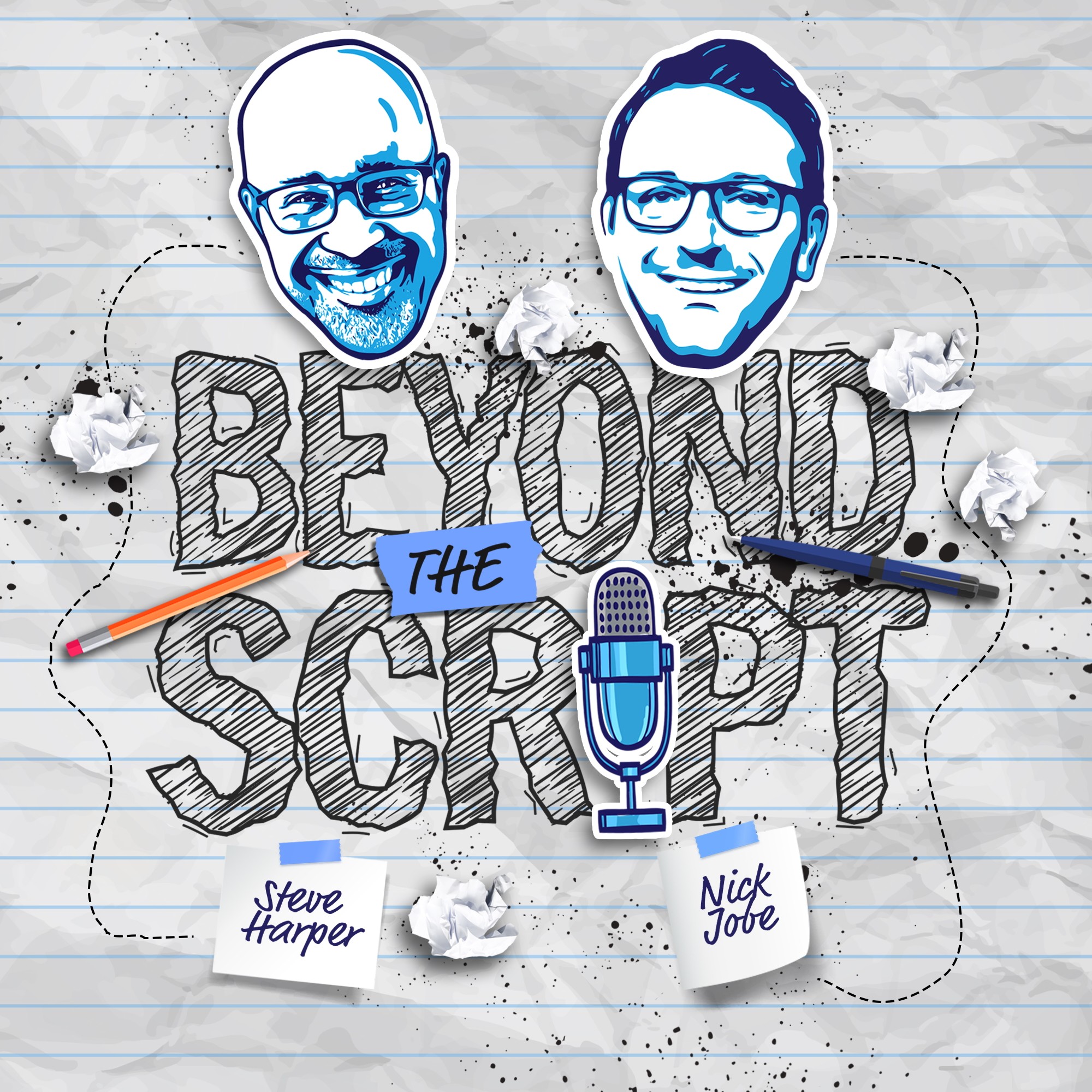
Learning and unlearning are both critical parts of growth – can you share a story of a time when you had to unlearn a lesson?
When I first set my sights on writing for TV, I was coming to it from being an actor. As an actor, I was trained to focus on embodying a role – 100%. That meant that no one cared about who I really was, they wanted to see what I could DO as that character. Auditions, for me, were never about “getting to know” me as a person, they were all about craft. I had to unlearn this in my TV writing career. Yes, it’s important to be excellent on the page, AND TV writing is a team sport. You’re going to be working with a group of writers for 10 hours a day for months on end. So, TV showrunner meetings and producer meetings are all about getting to know who you are as a person. What makes you really tick? What’s the unique perspective that you bring to storytelling? Can you collaborate? Do you have personal stories to share with the writers’ room? It took me some time (and guidance from a writing workshop run through Paramount / CBS) to understand that my person-hood was as important as my wordsmithing. Once I got that, I began to do much better at TV job meetings and pitches. I started booking work and getting hired. I teach my coaching clients how to talk about themselves in job interviews and how to mine their experiences to develop stories both in and out of writers’ rooms. It’s an essential skill.
Contact Info:
- Website: https://www.yourcreativelife.com
- Instagram: creating4good
- Facebook: https://www.facebook.com/yourcreativelife
- Linkedin: https://www.linkedin.com/in/steve-harper-8866311/
- Twitter: @yourcreatvlife
- Youtube: https://www.youtube.com/@TVsteve65
- Other: Also on Twitter here: @harpercreates
Podcast: https://podcasts.apple.com/us/podcast/beyond-the-script-career-strategy-for-tv-and-film-writers/id1655756002
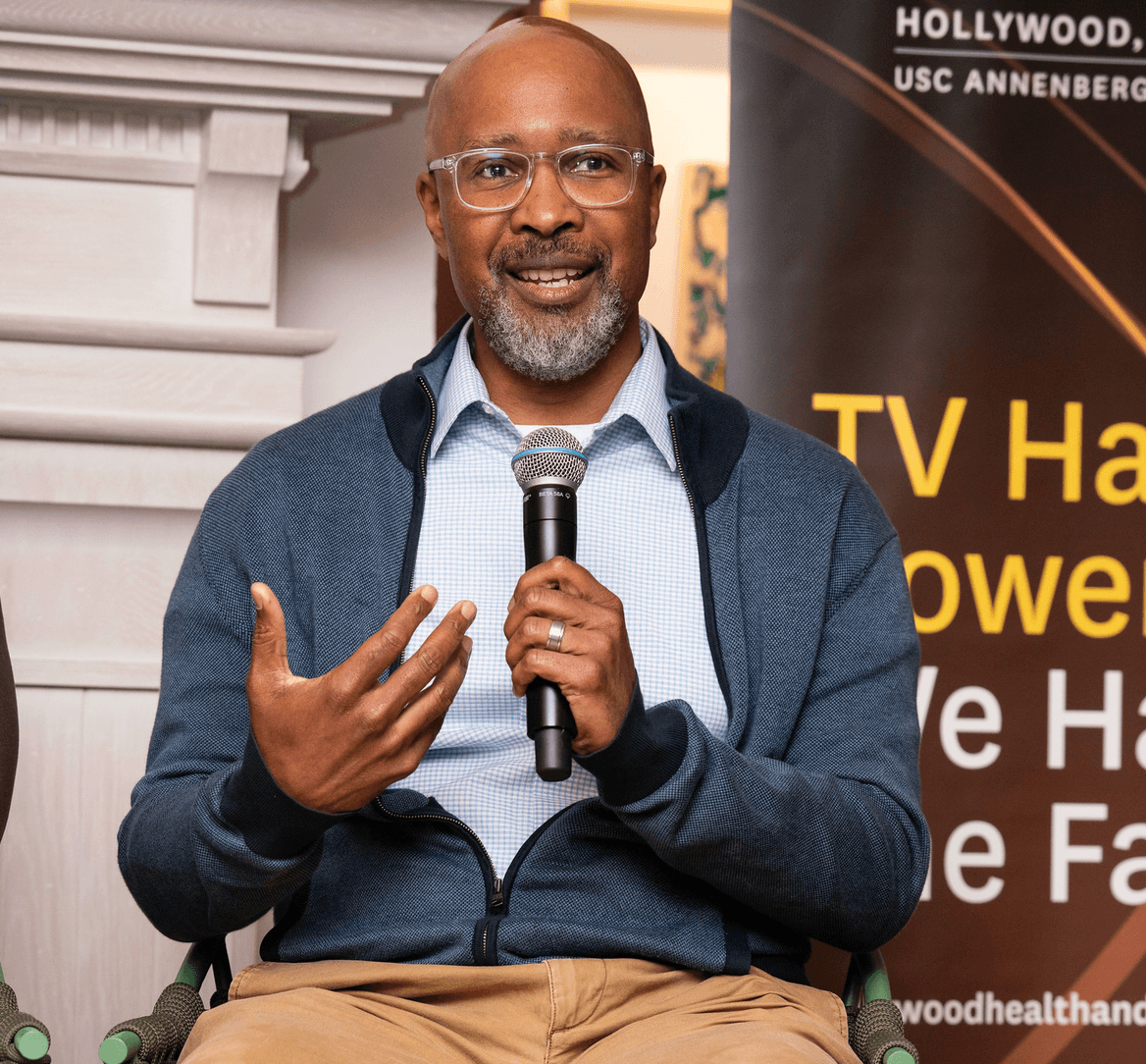
![]()
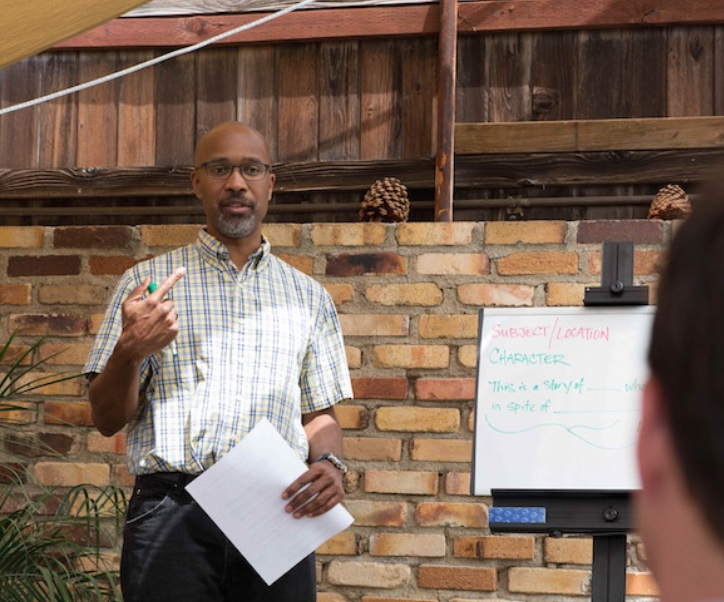
Image Credits
David Zaugh
Cezar Williams
Steve Harper
Michael Jones


